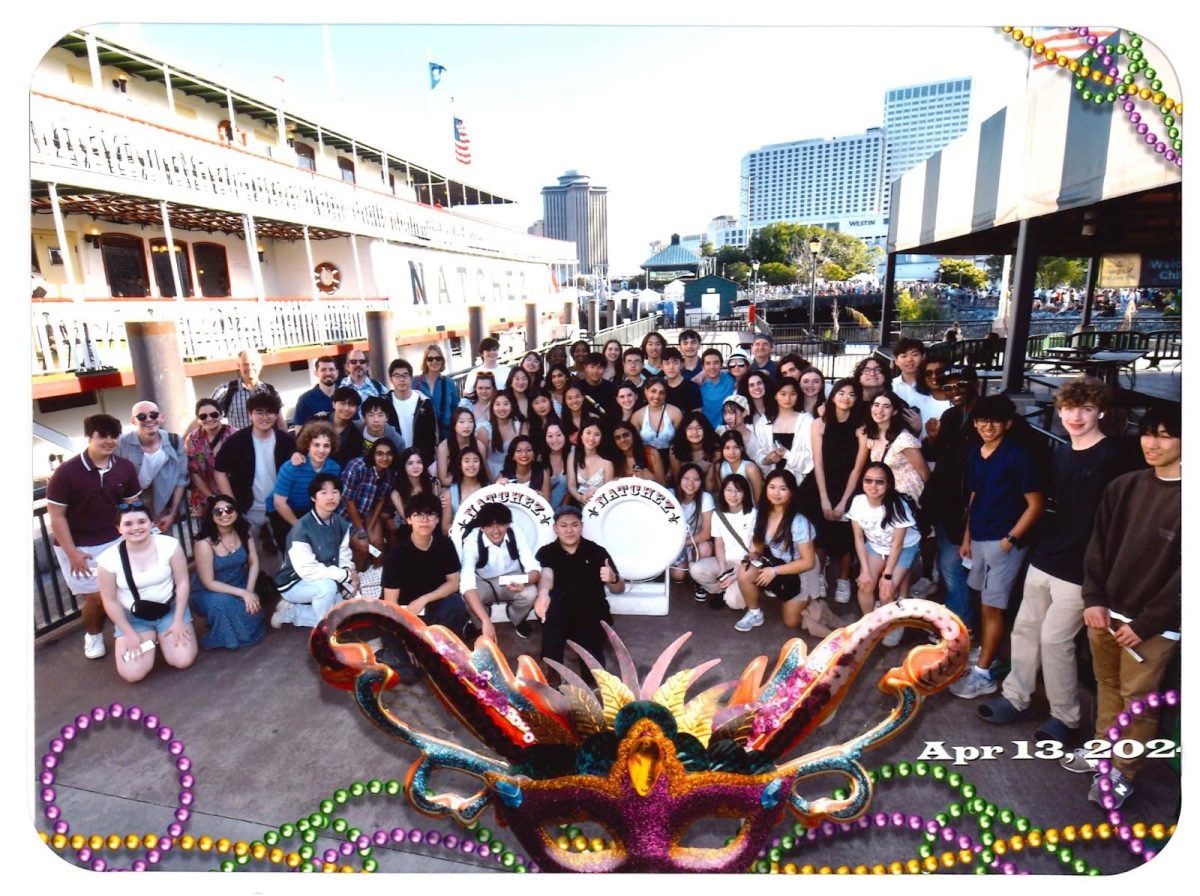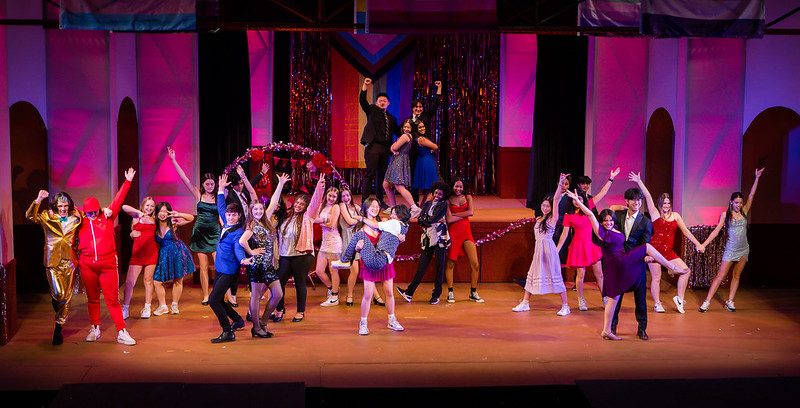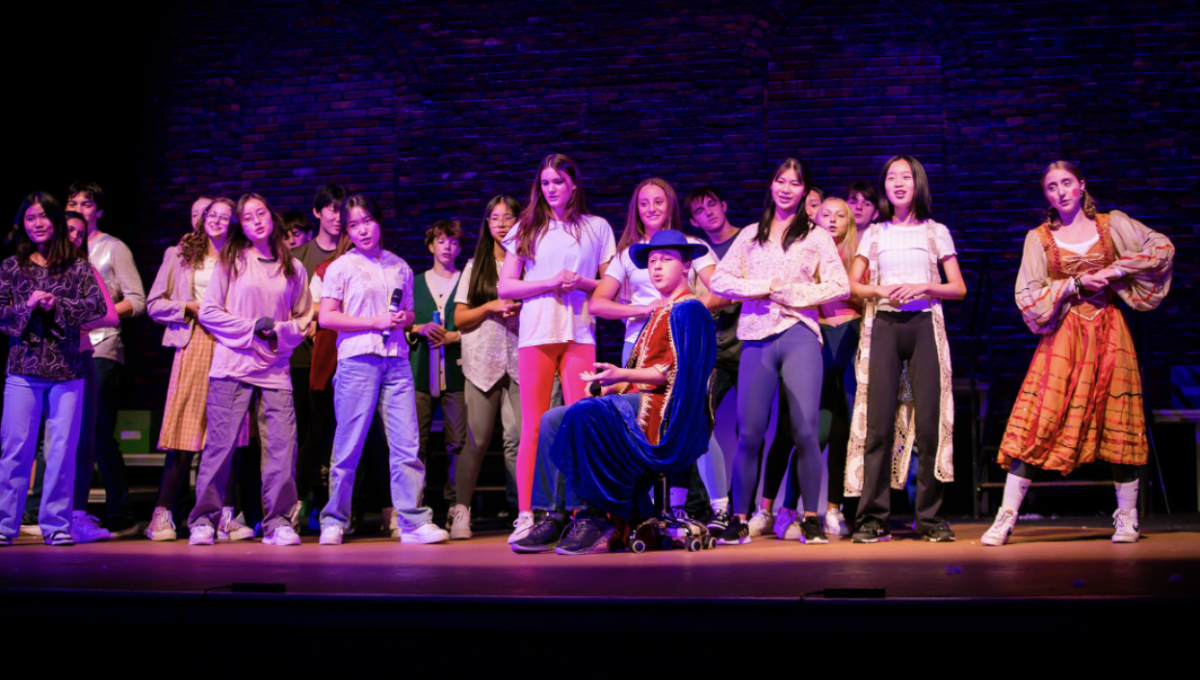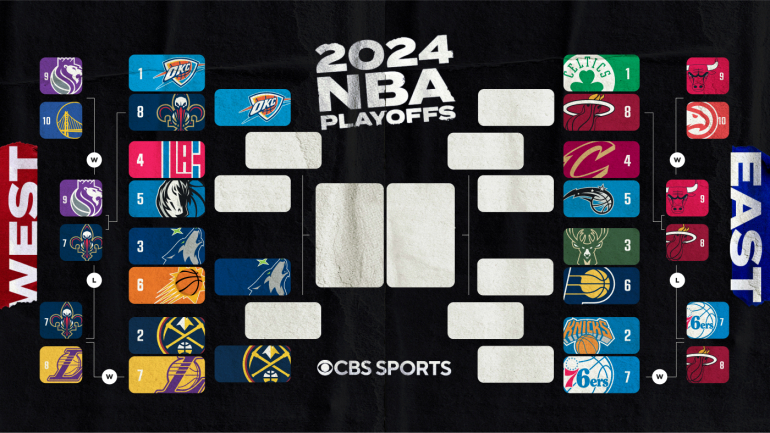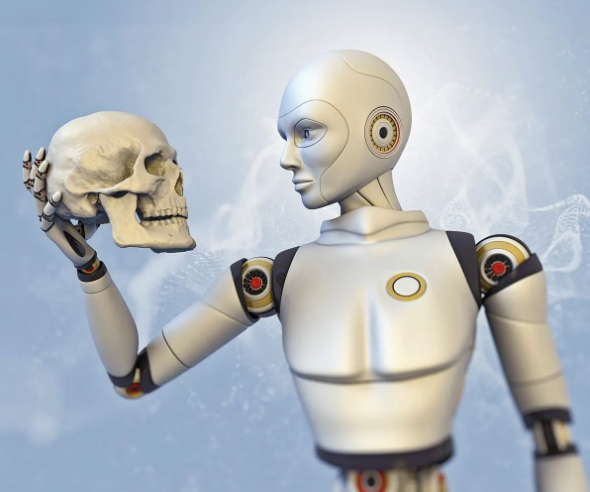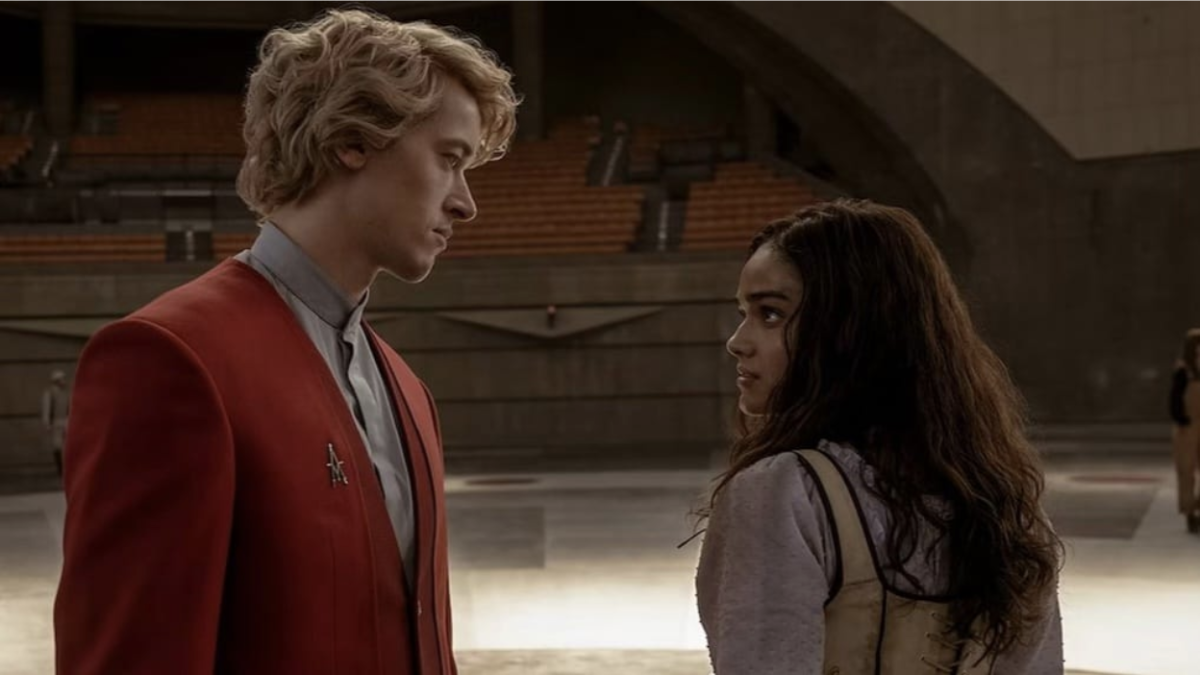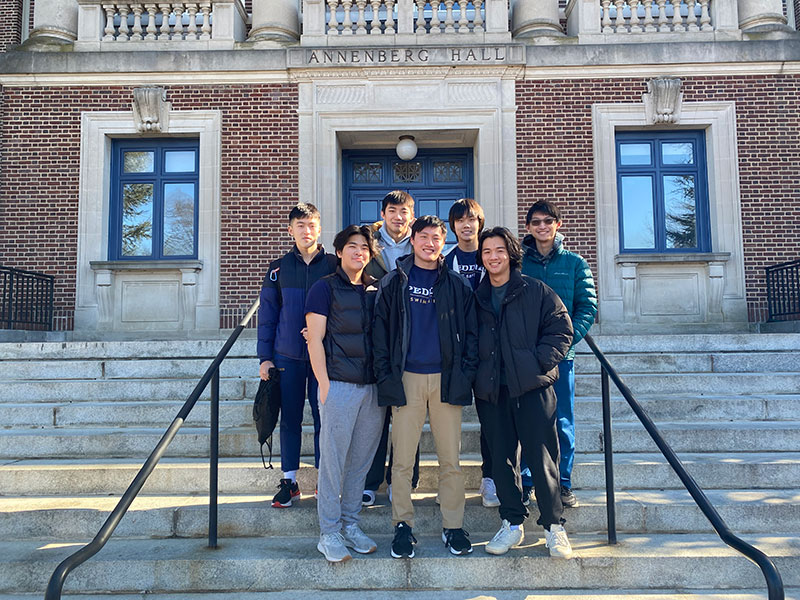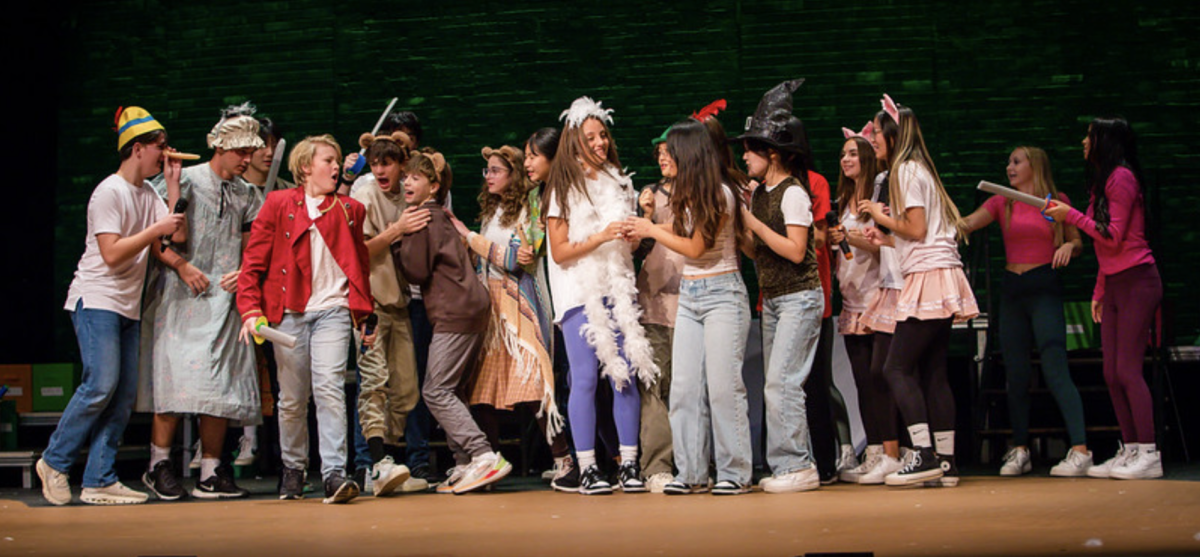* This review is about the MOVIE ADAPTATION of The Ballad of Songbirds and Snakes, not the book it is based on. The review is spoiler-free in the context of The Ballad of Songbirds and Snakes. General knowledge of The Hunger Games is assumed.
“The Hunger Games” is one of those ubiquitous titles that, when mentioned, is recognized immediately. Both the books and the films are widely known in pop culture — their prequel less so — but still buoyed to the frontline of the media by its predecessors. “The Ballad of Songbirds and Snakes” paints a picture of the still-familiar dystopian society of Panem and its inhabitants, although with significantly noticeable differences from “The Hunger Games.” It follows the story of a young Coriolanus Snow, who will later become the tyrannical ruler of Panem and the main antagonist of “The Hunger Games.” Its primary focus is Snow’s relationship with Lucy Gray Baird, a tribute in the Hunger Games who he helps mentor and soon develops a close bond with — and how, ultimately, this relationship ruins him.
In its production, visual elements, and spirit, the movie adaptation of “Ballad” largely succeeds in inheriting and paying tribute to the legacy of the original films. Like those original films, “Ballad” is able to capture the air and environment of the novels, bringing Panem and all of its most chilling elements to life with dexterity and some of its own flair. Some scenes especially struck me as truly bone-chilling, with the context of the moment and the stunning cinematography. The style of film is also generally grittier than the preceding Hunger Games movies, opting to portray a more adult political thriller-esque environment (contrasting the original films, whose primary audience was fans of the YA dystopian genre).
Tom Blyth and Rachel Zegler, who play the main characters of Coriolanus Snow and Lucy Gray Baird, respectively, do well enough in their roles. Blyth’s acting is inherently commendable, but his portrayal of the character suffers from the movie’s writing, which I will delve into later in the review. However, he injects his own style into the acting, giving an engaging performance.
Both protagonists (and, by extension, the acting) suffer from the aforementioned script problems, although this is less true for Zegler — partly because her character is easier to portray. Her performance is generally more consistent and smooth than Blyth’s, breathing personality and life into Lucy Gray. The main highlight, though, is her vocals: providing the backbone for the film’s very impressive musical score. They showcase both her versatility and let her truly embody the character she plays (Lucy Gray is a singer).
Besides these two, the film’s standout performance comes in the character of Volumnia Gaul, portrayed by Viola Davis. There is no set “villain” in the movie, but Gaul’s character is certainly the most “evil.” Davis knows this and highlights the unnerving nature of Volumnia Gaul with precision and deftness, bringing a perfectly oppressive chill whenever she’s on screen. She’s too extra in all the best ways.
While “Ballad” succeeds in all these aspects, its main pitfall is its story and plot. It doesn’t necessarily fall into the category of ‘bad,’ but it is definitely Ballad’s biggest flaw. This in itself is a large problem since without a good story, a movie will generally fall flat.
I will preface by saying that “Ballad” is the story of Snow’s “villain arc,” as it’s often called in pop culture: his transition into the immoral, evil person that he is in “The Hunger Games.” The book does a phenomenal job tracing his story; the movie, not so much. However, it is quite literally impossible to capture such a complicated shift in a person in under three hours or even across multiple movies. It’s been tried many times — the most famous example being Anakin Skywalker/Darth Vader. The scope and complexity of human nature are inherently too big to fit into the skin of such a movie, even with Ballad’s bloated runtime.
This aside, “Ballad” makes an admirable effort; the characters are fleshed out with distinct personalities and subtleties, the dialogue is rich, and the pacing is good in the middle of the film. Unfortunately, the same cannot be said for the other sections of the film. Near the beginning, when Snow and Lucy Gray are becoming closer to each other, the pacing suffers major issues as they develop complicated feelings towards each other far too quickly. The entire third act of the movie often feels like an excerpt from another film, the scene changing too fast and jarringly. It’s where most of the transition from “good” to “bad” takes place, though there are hints earlier in the movie, so it doesn’t feel entirely off.
Even though not completely off, and better than some of its peers across the board, Ballad’s story ultimately struggles the most here. Things start accelerating rapidly, and some critical details are lost or made fuzzy in the mix to the average viewer. Said rapid pace is far too rapid for the change being illustrated here, and the ending also feels slightly rushed. However, the ending scenes stand very well individually.
This pacing would likely not pose as significant an issue as it does if the filmmakers had followed Collins’ original vision in the book. The film tries incredibly hard to evoke sympathy for Snow, for the viewer to understand his actions as his morals slowly darken. In general, it does an okay job at this, albeit trying a little too hard in the latter half (the aforementioned third act), inevitably leading to contradictions and muddling the story’s clarity. What it really fails at, however, is characterizing Snow in the beginning.
In the book, Snow begins as an already morally gray character, having suffered a stunted and trauma-filled childhood from war. His class issues and — while understandably so — usually selfish motives, as well as general apathy, are more clearly seen there. In the film, it’s much more vague. This tame characterization in the beginning is what makes it so hard for the film to smoothly transition Snow into the villain he will eventually become.
Another issue with the movement of the film is that it, like many other recent movies, seems to struggle with runtime and when and where to make cuts. There’s plenty of action and tension, but sometimes the movie just drags unnecessarily where it shouldn’t. That being said, this unneeded runtime could have been converted into more plot-driving scenes.
Ultimately, “The Ballad of Songbird and Snakes” is a worthy heir to the film legacy of “The Hunger Games,” shouldering that weighty mantle with its own drive. However, it suffers from issues with pacing and characterization. While remaining incredibly enjoyable with good acting, beautiful cinematography, and a truly excellent score, it doesn’t quite stand up upon closer scrutiny and thought.

